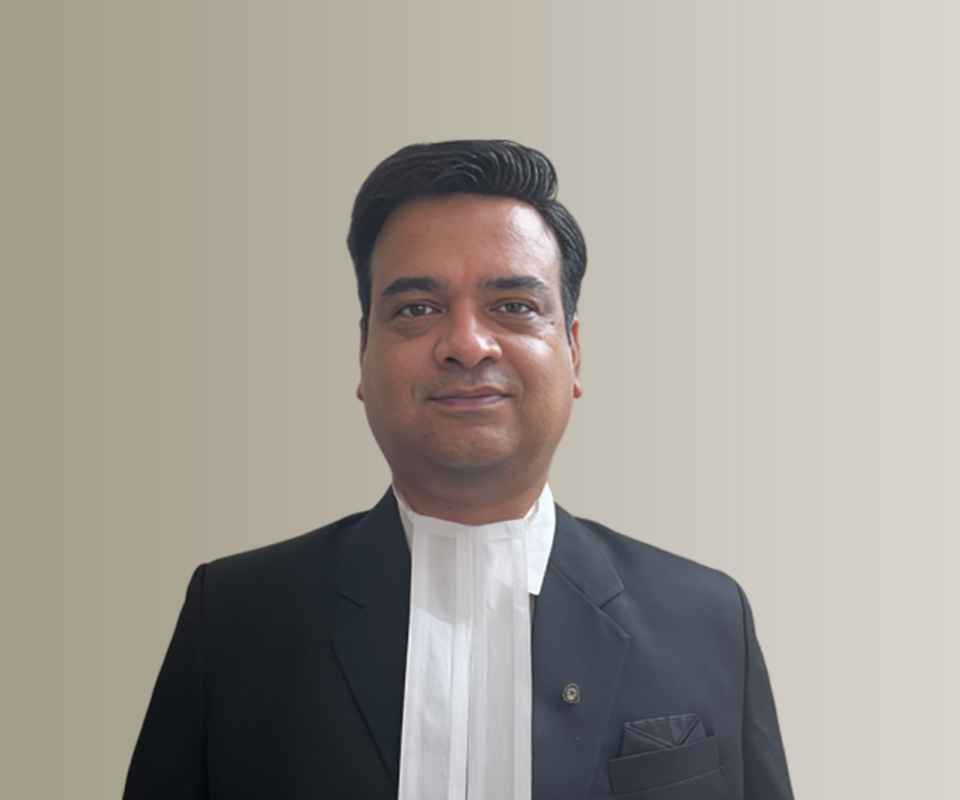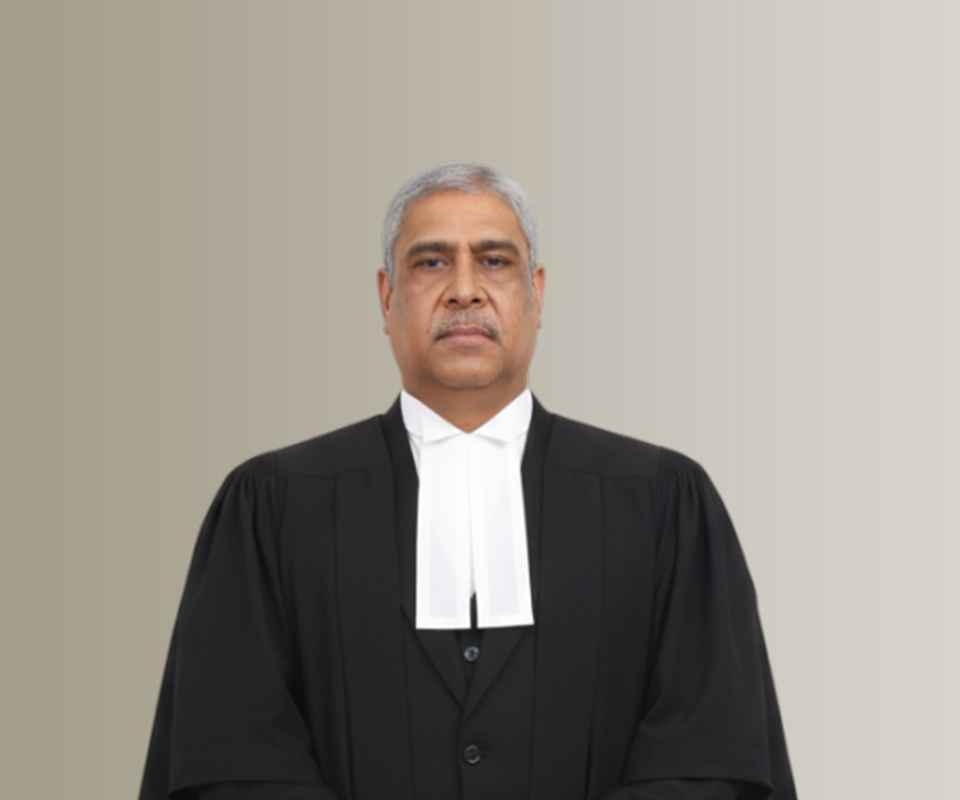Answer By law4u team
With the increasing use of social media and video-sharing platforms, individuals often find their videos posted online without consent. Legal provisions and platform policies allow individuals to request removal of such videos to protect their privacy, prevent defamation, and uphold their digital rights.
Can You Request Removal Of Your Video Online?
Right to Privacy and Consent:
If a video features you without your consent, especially if it invades your privacy or depicts sensitive content, you have the right to request its removal.
Right to Be Forgotten:
Certain data protection laws and court rulings support the right to be forgotten, allowing individuals to ask platforms to remove personal information, including videos, when it is no longer necessary or is harmful.
Platform Policies:
Most social media and video platforms (like YouTube, Facebook, Instagram) have procedures to report and request removal of content that violates privacy, copyright, or community standards.
Legal Grounds:
Besides privacy, grounds for removal include defamation, copyright infringement, harassment, or violation of terms of service.
Filing a Takedown Request:
You can file a formal takedown request with the platform, citing the violation and providing proof of your identity and ownership or personal involvement.
Court Intervention:
If platforms refuse removal, you can approach courts to seek orders for content takedown under applicable laws such as the Information Technology Act, 2000.
Limitations:
Removal is not guaranteed in all cases, especially if the video is in the public interest or involves freedom of expression.
Example
Scenario:
A person discovers a private video of themselves posted on a social media site without consent. They:
- Report the video to the platform citing violation of privacy.
- Submit a formal removal request with proof of identity.
- If denied, consult a lawyer and file a legal complaint for violation of privacy and seek a court order for removal.







